It's the 11th hour for climate action in Salem
23 days. That’s how much time is left in the legislative session in Salem.

“Transition is inevitable. Justice is not.”- Quinton Sankofa, Movement Generation
Climate disruption isn’t an “environmental” issue in the usual sense. It’s a basic matter of social and economic justice.
The impacts of climate change generally hit first and worst on those who do the least to cause it and are the most vulnerable to the consequences. And the primary cause of climate change–fossil fuel extraction, transportation and combustion–takes a heavy toll on the health and well-being of communities of color, indigenous people, and low-income communities.
So addressing the climate challenge means more than emission reduction, more than simply mitigating environmental impacts of our economic and energy systems. It means rebuilding those systems to deliver sustainable prosperity–economic health that works for a long time and a lot more people.
A clean energy economy can offer that promise. It can produce economic vitality in the present without destroying the future. It can produce shared prosperity, by reducing the concentrated economic power of fossil fuel suppliers, investing in communities, and increasing reliance on abundant local resources.
But this transition won’t be easy or quick. It’s a huge social and economic shift, and that always poses challenges, particularly for those who live closest to the economic margins and those who rely on fossil fuel industries for work. The clean energy transition is about shrinking carbon footprints, but it won’t work unless it’s also about growing:
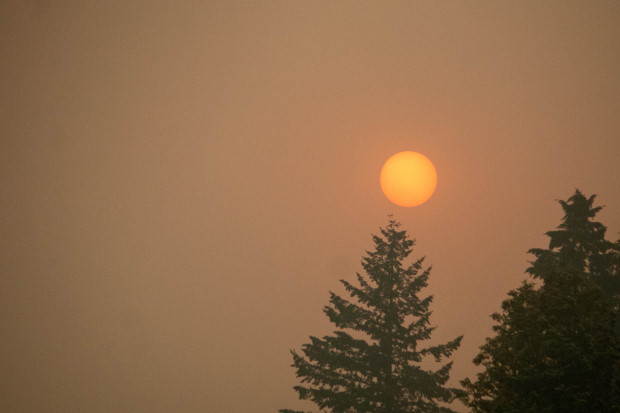
By: Meredith Connolly on
23 days. That’s how much time is left in the legislative session in Salem.

By: Vlad Gutman-Britten on
Our hard-won, 2021 legislative wins on climate are motivated by the idea that tackling the climate crisis can help us create good jobs, it must advance the cause of racial justice, and it must begin to redress past harms and prevent future ones.
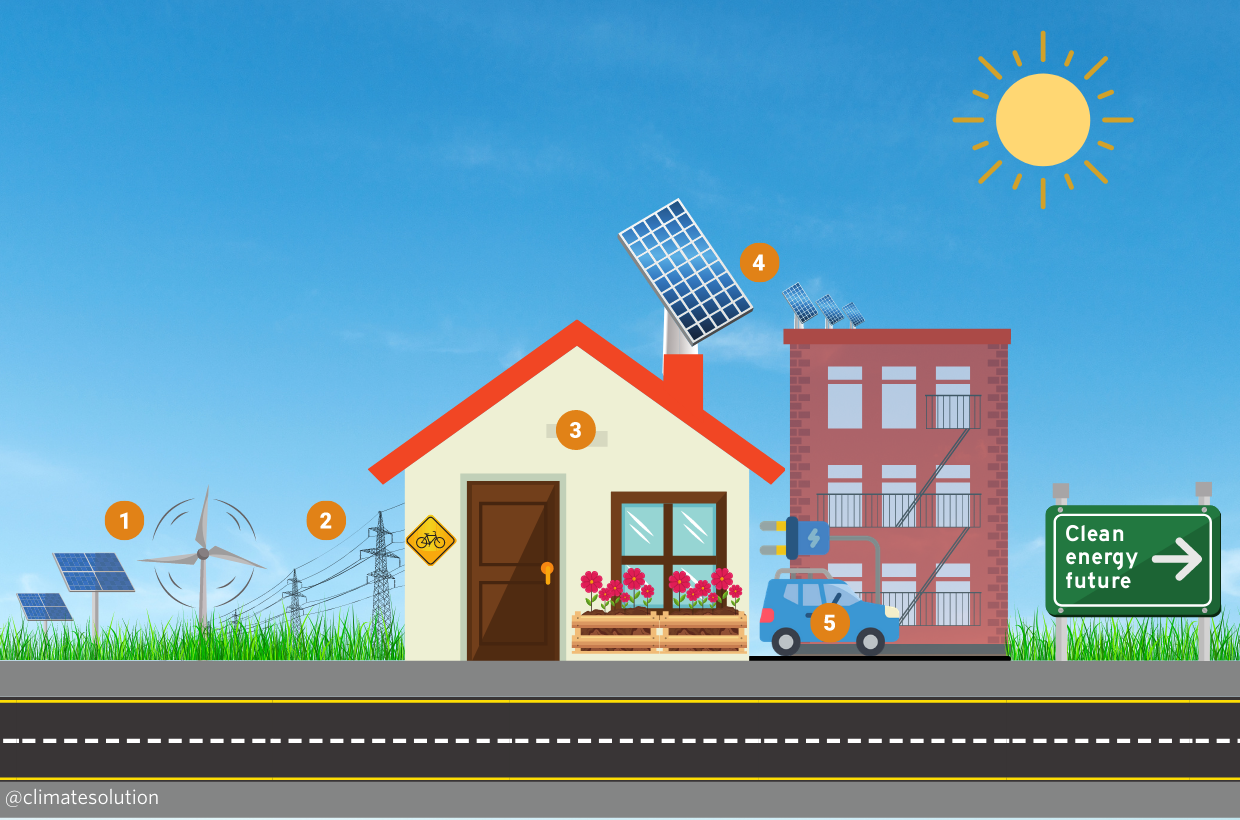
By: Jonathan Lee on
By committing to 100% clean energy, Oregon is investing in new job opportunities, economic recovery, healthier air, lower utility bills, and a safer climate.

By: Meredith Connolly on
We're pleased to report forward progress on two of our high-priority climate bills.
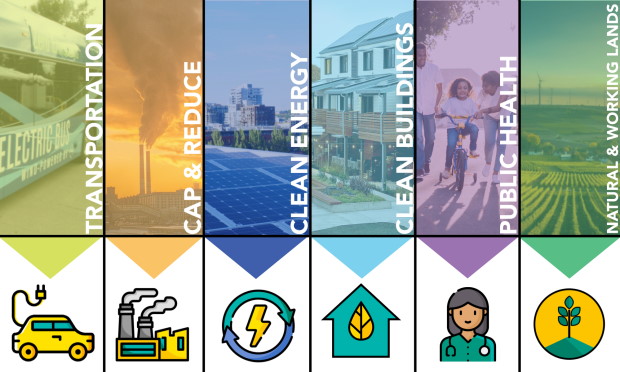
By: Jonathan Lee on
Just over a year ago, Oregon Governor Kate Brown signed Executive Order 20-04, now cal
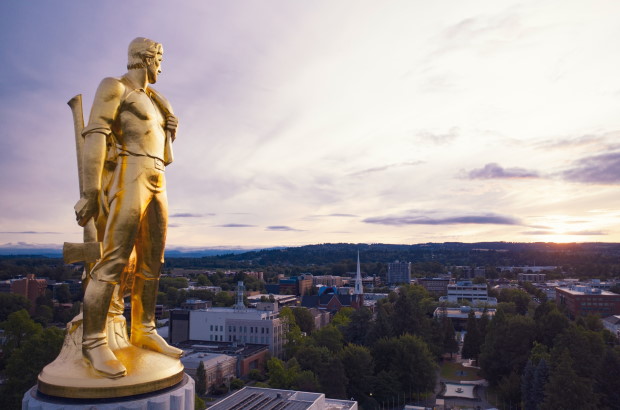
By: Meredith Connolly on
Oregon continues to pump out more climate pollution every year, but we can pass 100% Clean right now to lay the foundation for a clean energy-based economy.
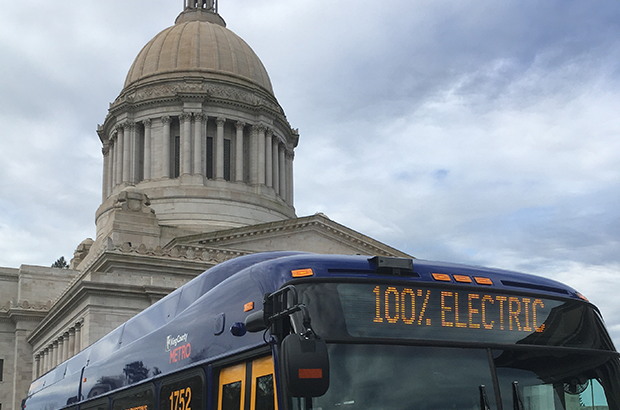
By: Vlad Gutman-Britten on
We’ve passed the halfway mark in Washington’s Legislative session. Check out our update on Climate Solutions’ top climate priorities, and where we need to apply pressure to make sure our lawmakers demonstrate climate leadership.
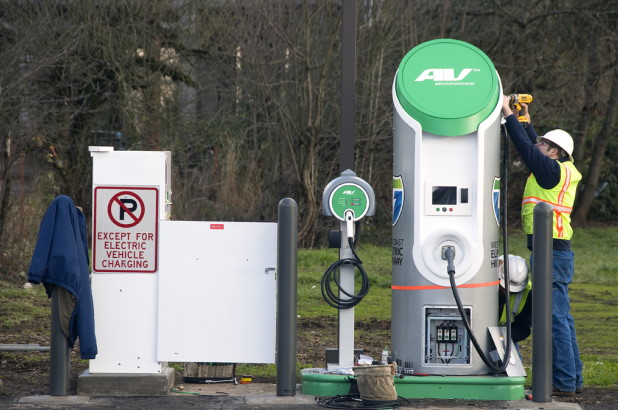
By: Victoria Paykar on
Ensuring that the future of Oregon’s transportation is electric—not burning fossil fuels—is critical for cleaning up our air and for achieving our state’s climate goals.
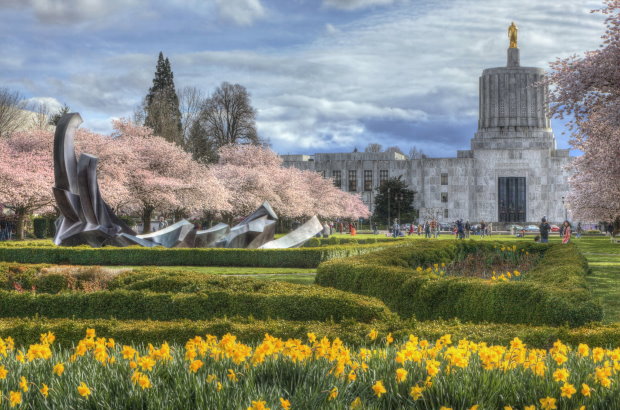
By: Meredith Connolly on
As the historic wildfires that devastated Oregon last September and the most recent ice storms make clear, climate chaos is here and harming Oregon’s communities and well-being now.
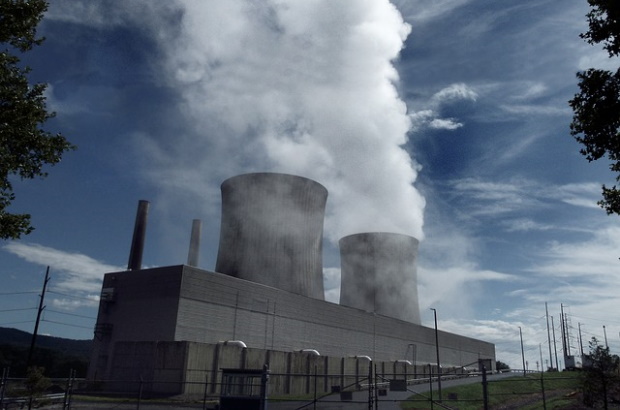
By: Zach Baker on
The Oregon Department of Environmental Quality (DEQ) has proposed exempting the state's fossil gas power plants from their Climate Protection Program. This cannot stand.
Join our email list to learn about what we do and how to get involved.
23 days. That’s how much time is left in the legislative session in Salem.